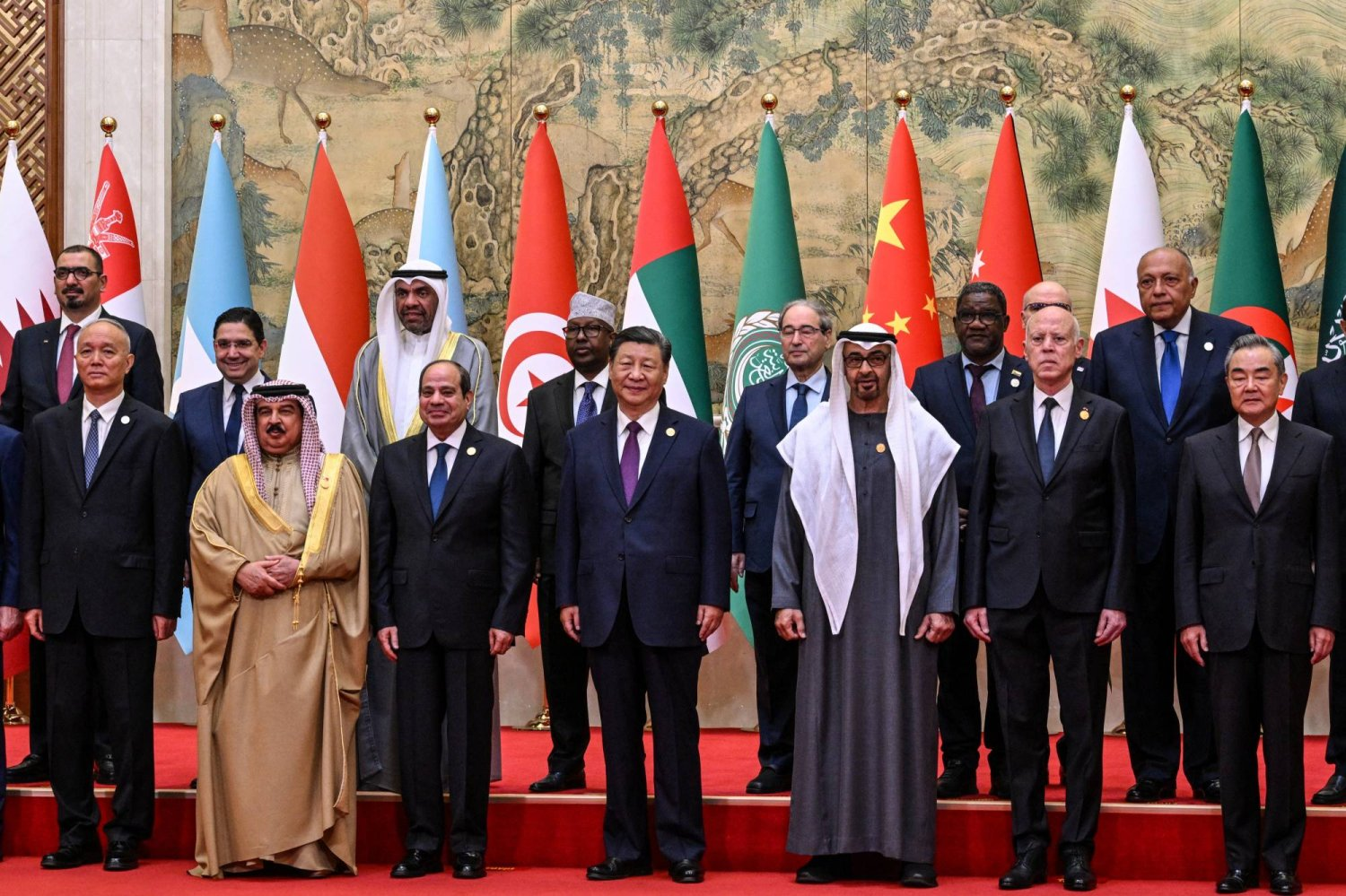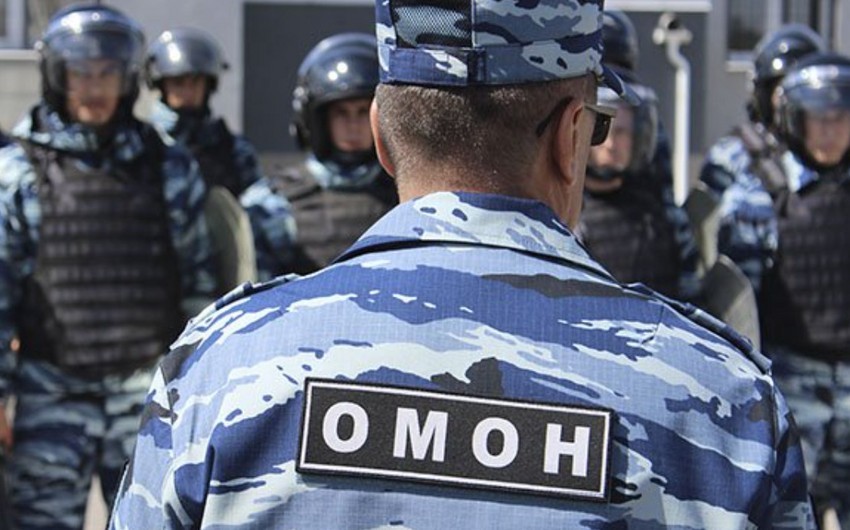Chinese President Xi Jinping has announced a significant peace conference aimed at addressing the ongoing Palestinian-Israeli conflict, marking China's first major diplomatic intervention in the region. This initiative raises questions about its potential impact on peace in the Middle East and the current Hamas-Israeli conflict.
Dr. Hanan Abuskin, a political science professor and head of the Department of Public Opinion Research at the National Social and Criminological Research Center, shared her insights in an exclusive statement to Ednews. He emphasized China's unique position in the global arena:
"China differs from other countries for several reasons: it is a rival to the United States, presents itself as an alternative to Western influence, and is dissatisfied with the current international system, seeking to change it. China's call for an international peace conference in the Middle East is highly significant, demonstrating that the U.S. is not the sole global influencer."
US-Israel Relations: Tactical Differences Amid Strong Alliance
Addressing the dynamics between the U.S. and Israel, Dr. Abuskin noted:
"The United States, being a staunch ally of Israel, faces only tactical differences with Israel regarding the Gaza conflict. The core of U.S. foreign policy remains its alliance and extensive cooperation with Israel. The U.S. often interferes in other countries' internal affairs, whereas China, despite its significant regional presence and investments, does not. This non-interference stance makes China a reliable mediator in conflicts."
China's Strategic Interests and the Rivalry with the U.S.
Dr. Abuskin highlighted a critical aspect of Sino-American rivalry:
"The U.S. has endorsed the 'Indian Corridor' project, which competes with China's 'Silk Road' initiative. By supporting Palestine, China seeks to safeguard its interests in the region."
Impact on the Gaza Conflict
Discussing the potential outcomes of the conference on the Gaza war, Dr. Abuskin stated:
"While the conference won't immediately end the conflict—no war concludes overnight—it will create significant domestic challenges for Israel. Israeli society increasingly doubts Netanyahu's ability to manage the war effectively. His partner in the War Council, Benny Gantz, has given him until June 8 to present a post-war plan, failing which the Israeli army may withdraw from Gaza. The conference is likely to amplify protests against Netanyahu."









